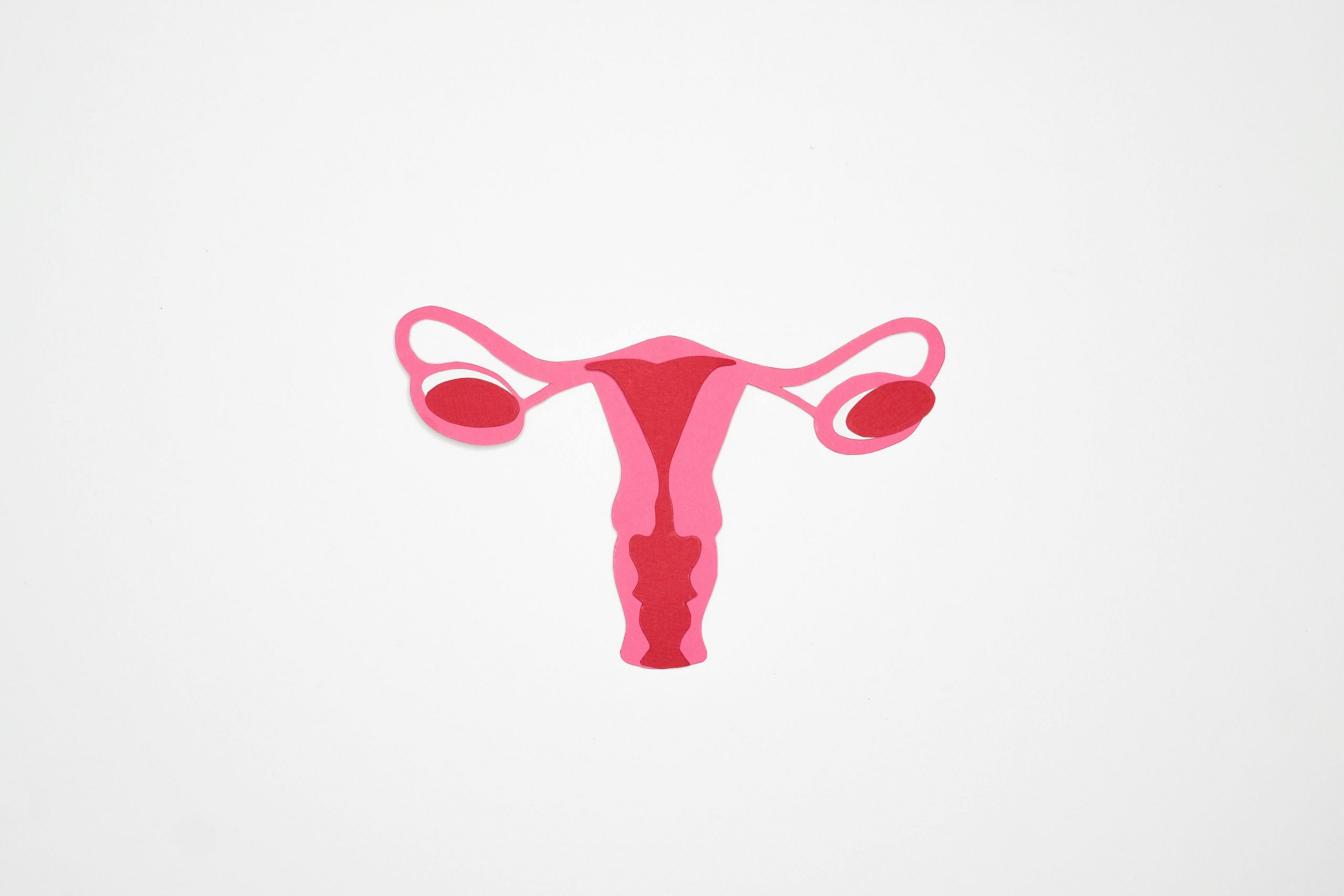Polycystic Ovary Syndrome (PCOS) is a condition where the ovaries produce an unusual amount of male sex hormones called androgens. Though the female body does naturally produce a small amount of androgens (of which testosterone is the most well known), those with PCOS have more than normal. This can cause the ovaries to become enlarged and fluid-filled sacs (follicles) to form around the eggs, causing a range of symptoms from irregular periods to weight gain and fertility issues.
PCOS is a common condition that affects women during their reproductive age, with 7-10% of women having it, and the root cause is largely unknown. Research has begun to pull together some potential root causes that could explain the high number of sufferers:
- Insulin Resistance
Whilst many people understand the link between male sex hormones and PCOS, few know the underlying cause behind it.
Up to 95% of women with PCOS have some form of high insulin or insulin resistance. Insulin is the hormone in the body that allows the sugar we consume in our diet to be converted to energy through the bloodstream. Resistance occurs when the cells in your body don’t respond well to insulin, meaning that excess sugar cannot be properly digested. To combat the increasing amounts of sugar, the body can overcompensate to produce more and more of the hormone, leading to both high insulin and high blood sugar levels.
These high levels of insulin can then impair the body’s ability to properly ovulate, or to ovulate at all, causing the ovaries to produce testosterone. This can lead to PCOS symptoms such as irregular or missed periods, excess body hair, acne and infertility.
Insulin resistance in general can be causes by a number of lifestyle factors including:
- Being overweight or obese
- A diet high in sugar, carbohydrate (which is digested as sugar), processed foods and/or saturated fat
- A lack of physical activity
- Certain medications, such as steroids and anti-depressants
2. Other Hormone Imbalances
Aside from increased male sex hormones, there are other hormonal factors that have been linked to PCOS as follows:
- Low Levels of Sex Hormone-Binding Globulin (SHBG)
Low levels of SHBG can be linked to obesity, thyroid problems or even past trauma.
The way I understand it, you can think of SHBG as a protein that travels your body via the blood and binds itself to three male and female sex hormones: testosterone, dihydrotestosterone and a form of estrogen called estradiol. Depending on the amount of each hormone present, SHBG can remove any excess in the blood and determine where they are distributed to in the body. Picture this protein as a bus travelling round your body – picking up excess hormones and delivering them to where they need to be. Having low levels of this protein then, can cause a build up of excess hormones in different areas of the body, leading to an imbalance.
2. High Levels of Prolactin
A 2021 study found that 27% of women with PCOS had a condition called hyperprolactinemia. Hyperprolactinemia is characterised by having high levels of prolactin in the blood, a hormone that stimulates breast milk production.
Whilst prolactin is normally produced during and after pregnancy, it can also be produced during psychological stress, kidney disease, hypothyroidism, or a non-cancerous growth in the pituitary gland called a prolactinoma.
3. Increased Levels of Luteinising Hormone (LH)
LH is a hormone produced by the pituitary gland that acts as a chemical messenger, signalling your reproductive organs to start normal bodily processes such as ovulation and progesterone production. Whilst its normal for your LH levels to rise and fall over the course of your cycle, up to 60% of people with PCOS suffer from LH hypersecretion – which is when your pituitary gland is producing too much LH over time.
When your LH levels are high, the body’s normal reproductive signals and confused. This can lead to early puberty, irregular periods, fertility issues and of course an increased risk of PCOS.
3. Genetics
As with most endocrine disorders, PCOS is a familial condition and can be passed down genetically from both the mother and the father’s side. An estimated 25% of women with PCOS have mothers with the condition, and one third have sisters with PCOS. So unfortunately if you have a first-degree relative with the condition, you are much more likely to suffer from it yourself.







